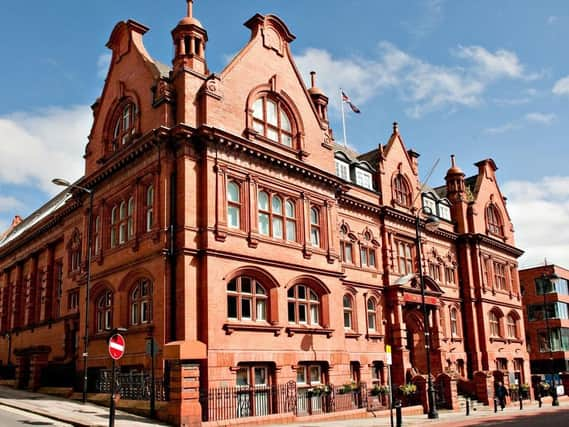Wigan Council increases its borrowing by £24m


The Local Government Association says unprecedented funding pressures on councils have forced many to borrow in order to protect vital services.
Wigan Council’s outstanding loans stood at £405.4m at the end of December, Ministry of Housing, Communities and Local Government figures show: a six per cent increase from a year earlier when it was £381.4m.
Advertisement
Hide AdAdvertisement
Hide AdLong-term loans accounted for £403.9m of the borrowing. These last for more than one year and are used to finance large projects or purchases.
The council also took out £1.5m worth of shorter-term loans, which are normally used to help manage cash flow. Its total borrowing includes the £315m Housing Revenue Account.
The overall figure includes £100m that the authority had to borrow as part of a Government policy on housing subsidy, with the remainder borrowed to support council house building.
Outstanding town hall borrowing across England stood at £100bn at the end of 2019: nine per cent up on a year earlier.
Advertisement
Hide AdAdvertisement
Hide AdLGA resources board chair Richard Watts said a near £15bn loss in central government funding over the last decade had stretched councils to the limit. “Councils have faced a choice of either accepting funding reductions and cutting services – such as care for older and disabled people, protecting children, reducing homelessness, fixing roads and collecting bins – or making investments to try and protect them,” he added.
The Public Works Loan Board was the main source of long-term borrowing for Wigan Council. Government-run, it offers low-interest loans without requiring local authorities to prove they can afford the repayments. It accounted for three-quarters of long-term borrowing by UK councils at the end of December.
In October, the Treasury hiked interest rates on loans from the PWLB, making it more expensive to borrow.
A Wigan Council spokesperson said: “Our increase in borrowing secured funding at historic low interest rates for planned capital expenditure. The council also has a capital programme which includes regeneration and infrastructure schemes. In 2019/20 the council took the opportunity to borrow at historic low rates which will provide the cash towards funding these schemes.
Advertisement
Hide AdAdvertisement
Hide Ad“Any decision to borrow later in the year would have cost an additional £10.6m in interest charges following the increase to borrowing rates introduced by HM Treasury.
“Despite a decade of increasing central government cuts, Wigan Council has passed annual financial health checks with flying colours with finances reviewed each year to ensure it provides value for money, demonstrates competent decision making, good partnership working and is able to balance the books.”
The National Audit Office estimates English councils spent £6.6bn on buying commercial property from 2016-17 to 2018-19. It said some councils did this with the aim of making profits, but were taking on significantly more debt.
Don Peebles, head of policy and technical at the Chartered Institute of Public Finance and Accountancy, said the potential revenue was appealing for cash-strapped councils. He added: “Real risks accompany commercial investments, which if used, should be one part of a comprehensive and diverse approach to managing public money.”
Advertisement
Hide AdAdvertisement
Hide AdA Ministry of Housing, Communities and Local Government spokeswoman said councils are responsible for managing their finances, adding: “We have a set framework which councils must have regard to. We have already taken steps to tighten it up with the aim that taxpayers’ money is managed wisely so residents benefit.”